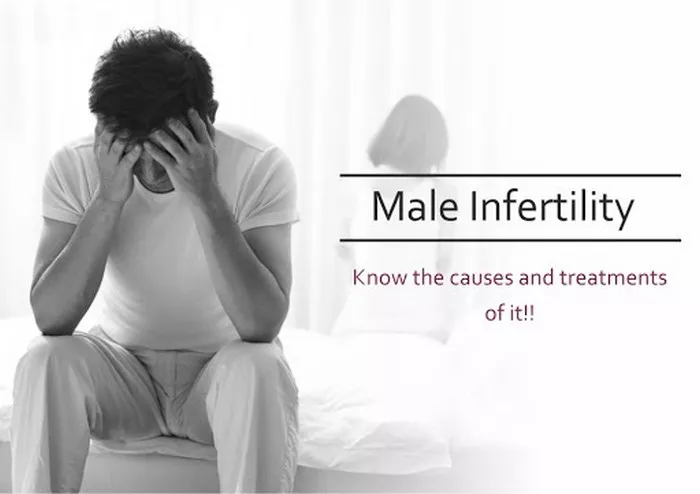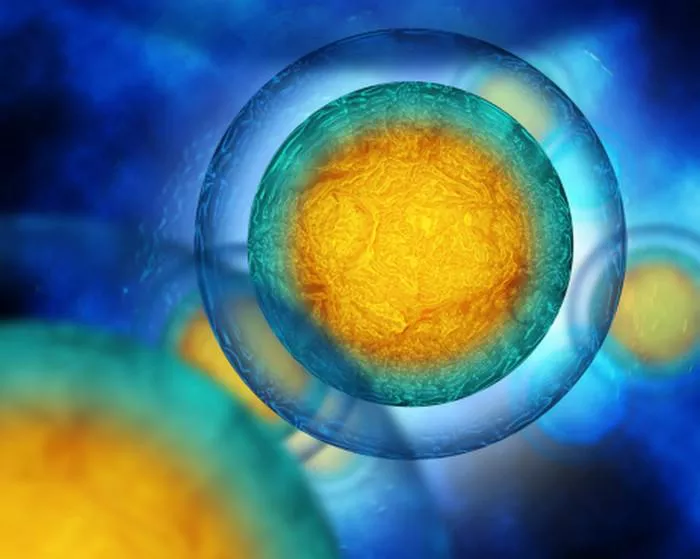Low sperm count, medically known as oligospermia, is a common concern among men, affecting their fertility and sometimes leading to difficulties in conceiving. When faced with this diagnosis, many men naturally wonder: can low sperm count be cured? In this article, we’ll explore this question from a logical standpoint, examining the various factors that influence sperm production and discussing the available treatment options.
Understanding the Complexity: What Causes Low Sperm Count?
Before delving into the possibility of a cure, it’s essential to understand the underlying causes of low sperm count. Several factors can contribute to this condition, including hormonal imbalances, genetic factors, lifestyle choices, and environmental factors. For instance, exposure to certain chemicals, excessive alcohol consumption, smoking, obesity, and even emotional stress can all impact sperm production.
Exploring Treatment Options: Can Low Sperm Count Be Reversed?
While there’s no one-size-fits-all answer to whether low sperm count can be cured, there are various treatment options available that may help improve sperm count and fertility. These treatments aim to address the underlying causes of low sperm count and enhance sperm production. Depending on the individual’s situation, treatment options may include:
Lifestyle Changes:
Making healthy lifestyle modifications can often have a significant impact on sperm count. This may involve maintaining a balanced diet, exercising regularly, avoiding excessive alcohol consumption and smoking, managing stress levels, and avoiding exposure to environmental toxins.
Medications:
In some cases, medications may be prescribed to address hormonal imbalances or other medical conditions that contribute to low sperm count. These medications may include hormone therapy, antibiotics to treat infections, or medications to address underlying health issues.
Assisted Reproductive Techniques (ART):
For couples struggling with infertility due to low sperm count, ART techniques such as intrauterine insemination (IUI) or in vitro fertilization (IVF) may be recommended. These techniques involve collecting sperm and directly injecting it into the female partner’s uterus or fertilizing the egg in a laboratory setting.
Surgery:
In rare cases where anatomical issues are contributing to low sperm count, surgical interventions may be necessary. Surgical procedures such as varicocele repair (for the treatment of varicoceles) or vasectomy reversal may help improve sperm production.
Managing Expectations: Realistic Outlook on Treatment
While these treatment options offer hope for men with low sperm count, it’s essential to manage expectations realistically. Not all treatments will be successful for every individual, and some cases of low sperm count may not be fully reversible. Additionally, treatment outcomes can vary depending on factors such as the underlying cause of low sperm count, the individual’s overall health, and their response to treatment.
The Importance of Seeking Professional Guidance
For men concerned about low sperm count and fertility, seeking professional guidance from a healthcare provider specializing in reproductive health is crucial. A thorough evaluation can help determine the underlying causes of low sperm count and tailor treatment recommendations to the individual’s specific needs. Additionally, healthcare providers can provide valuable support and guidance throughout the treatment process, helping individuals navigate their options and make informed decisions.
Conclusion:
In conclusion, the question of whether low sperm count can be cured is a complex one with no definitive answer. While there are various treatment options available that may help improve sperm count and fertility, success cannot be guaranteed for every individual. However, by addressing underlying factors, making healthy lifestyle choices, and seeking professional guidance, men can take proactive steps towards optimizing their reproductive health and increasing their chances of conception. Ultimately, the journey towards overcoming low sperm count requires a balance of hope and realism, along with perseverance and support from healthcare professionals and loved ones alike.























